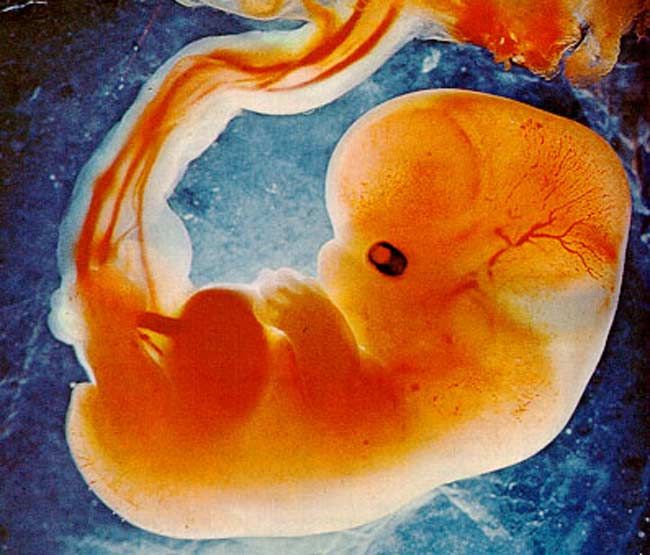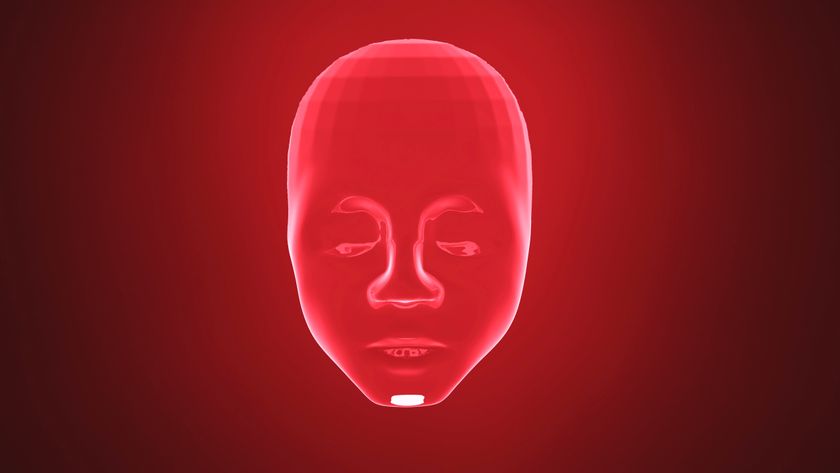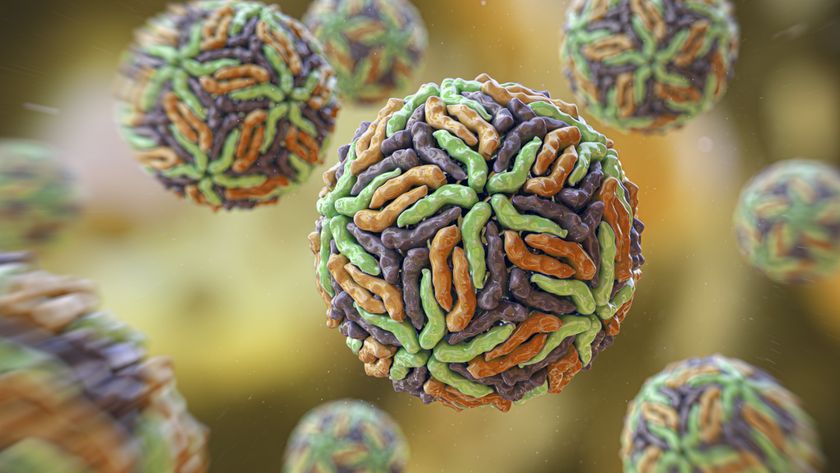Parents Pick Sex of Child in New Clinical Trial

A new clinical trial in the United States allows couples to pick the sex of their unborn children in an effort to determine the social effects.
The doctors create embryos for the study members using assisted reproduction. Then they figure out each embryo's sex using a process called preimplantation genetic diagnosis (PGD). The parents then select a male or female embryo to be implanted in the mother's uterus.
The process is not new. PGD is also used to screen for genetic defects.
And in about 3 percent of the thousands of PGD procedures conducted in the United States each year, parents are picking the gender of their babies, according to one study. Scientists have for years been debating the ethics and possible health, social and psychological effects of selecting for sex.
The new clinical trial, reported today by the journal Nature, is designed to determine the impact of sexual selection. Researchers will study the physical health of the babies and social impact in the families over time.
Sexual selection is banned in Britain, Canada and several other countries, according to the journal, at least in part because of public concerns that it would lead to sex discrimination.
Researchers spent nine years getting permission to do the clinical trial, which began last month in Houston. Fifty couples have applied. The researchers will chose only those couples who have a child and want another of the opposite sex, according to Nature.
Sign up for the Live Science daily newsletter now
Get the world’s most fascinating discoveries delivered straight to your inbox.
The American Society for Reproductive Medicine and the American College of Obstetricians and Gynecologists oppose sexual selection.
The stands of those organizations"are based on public opinions, not outcomes,” said Sandra Carson, who leads the clinical trial. “Public opinion is important, but it shouldn't be used to ban something.”
In a separate survey earlier this year led by Tarun Jain at the University of Illinois, women being treated for infertility said they would choose the gender of their baby if given the opportunity.
"One of the fears is that sex selection will drive patients toward a certain sex," Jain said in March. "And the presumption is a preference for boys. But our study did not show that. In fact, in patients who did not have children there was no greater desire for boys over girls."
- Boy or Girl: Which Gender Baby Would You Pick?
- X Chromosome Key to Differences in Men and Women
- Babies Born at Night More Likely to Die
Robert is an independent health and science journalist and writer based in Phoenix, Arizona. He is a former editor-in-chief of Live Science with over 20 years of experience as a reporter and editor. He has worked on websites such as Space.com and Tom's Guide, and is a contributor on Medium, covering how we age and how to optimize the mind and body through time. He has a journalism degree from Humboldt State University in California.











